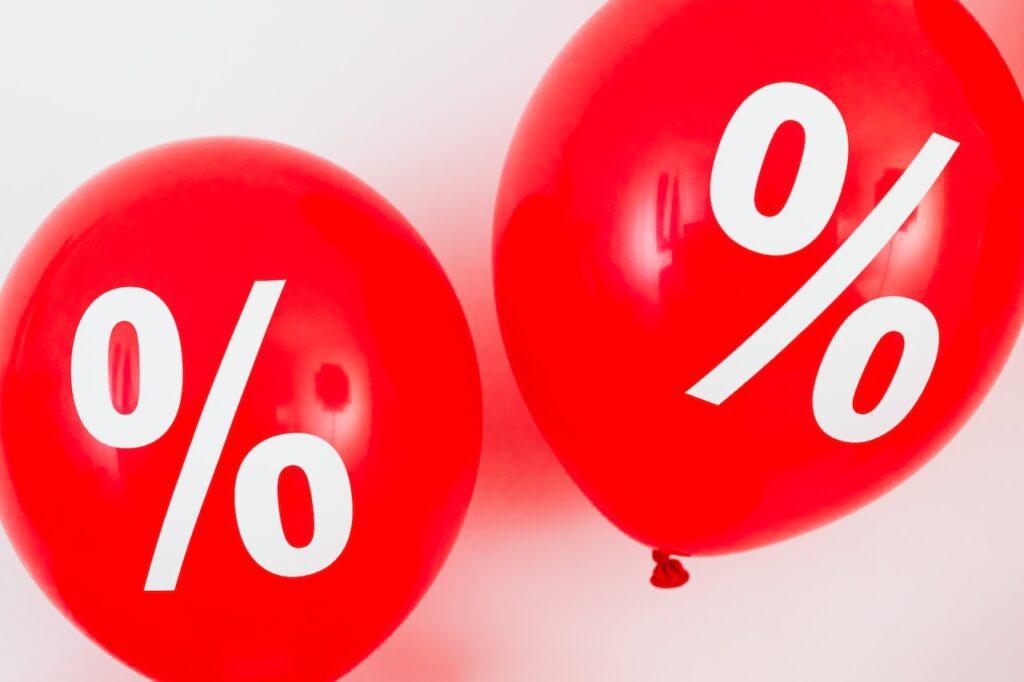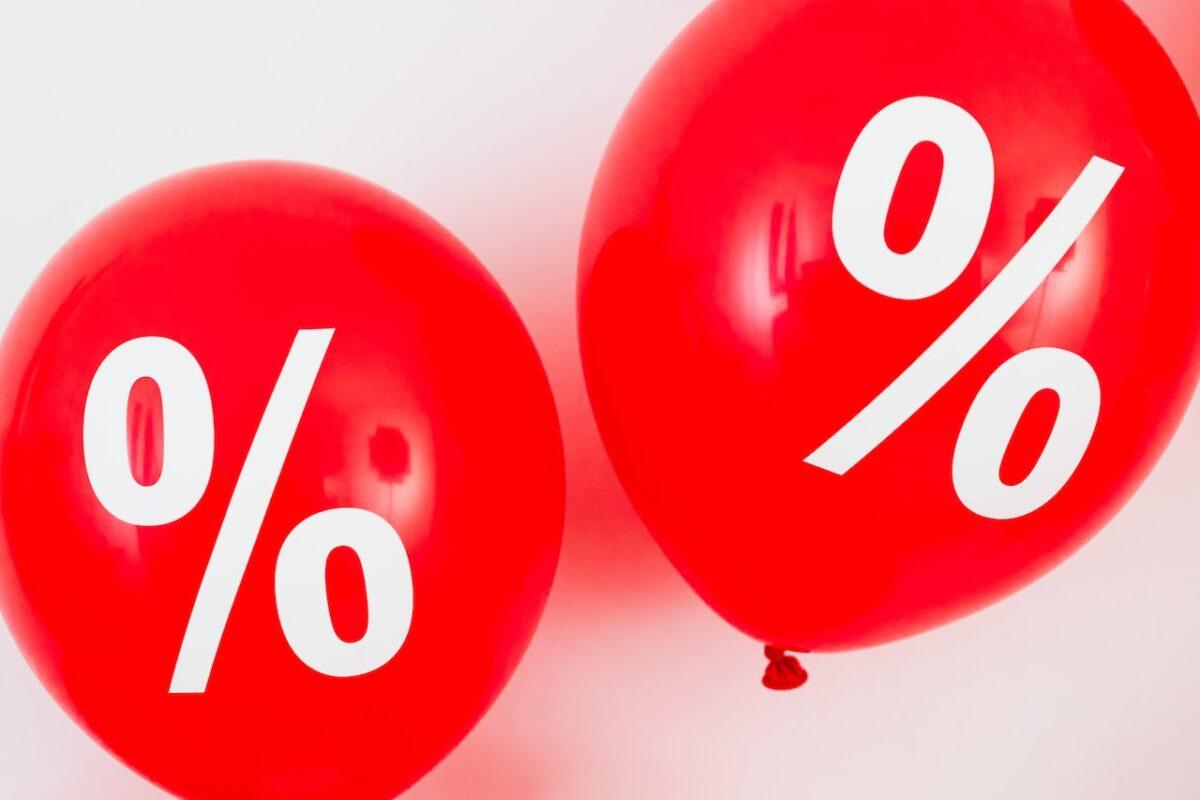If you’re carrying a balance on your credit card, the interest rate can significantly impact your financial and likely your mental well-being. However, there are actionable steps you can take to secure a lower interest rate and potentially save a substantial amount of money.
7 Steps to a Lower Interest Rate

Understand Your Current Rate and Terms
Begin by reviewing your credit card statements and understanding the interest rate you’re currently paying. Familiarize yourself with the terms and conditions of your credit card agreement, particularly regarding interest rates, grace periods, and any promotional offers.
This knowledge will provide a solid foundation for negotiating a lower rate.
Improve Your Credit Score
Your creditworthiness plays a vital role in determining the interest rate you qualify for. Lenders consider a higher credit score as a sign of responsible financial management.
To enhance your credit score, focus on paying your bills on time, reducing credit card balances, and avoiding new credit inquiries. Regularly monitor your credit report to identify and rectify any errors or discrepancies.
We recommend reading our complete Credit Score Guide.
Negotiate with Your Credit Card Issuer
Contact your credit card issuer and initiate a conversation about lowering your interest rate.
Prepare by researching competitive rates offered by other card issuers.
Highlight your positive payment history and creditworthiness as leverage during the negotiation.
Be confident and professional while explaining your request.
It’s worth a shot. The worst they can say is no. But you may be able to secure a lower interest rate or be offered promotional rates for a specific period.
Explore Balance Transfer Options
Consider transferring your existing credit card balance to a new card with a lower interest rate.
Many credit card issuers provide promotional offers with low or 0% interest rates for balance transfers.
However, be mindful of transfer fees and the duration of the promotional period. Ensure that you can pay off the balance within the promotional period to maximize the savings.
Pay More than the Minimum Payment
Paying only the minimum required amount each month will prolong the time it takes to pay off your balance and increase the overall interest paid.
Aim to pay more than the minimum payment whenever possible.
By allocating additional funds toward your credit card debt, you can reduce the principal balance faster and decrease the interest accrued.
Seek Professional Guidance
If you’re struggling to negotiate or manage your credit card debt, consider seeking assistance from a credit counseling agency.
Credit counselors can provide personalized advice, help you create a budget, and negotiate with creditors on your behalf.
But be cautious and choose a reputable and non-profit agency to ensure you receive reliable guidance.
Consolidate Debt with a Personal Loan
If you have multiple credit cards with high-interest rates, consolidating your debt with a personal loan may be a viable option. But we don’t recommend it.
Instead, we suggest checking out our Get Out of Debt Guide and learn how to get yourself out of debt.
Obtaining a lower interest rate on your credit card requires proactive measures.
Understand your current rate, work on improving your credit score, negotiate with your credit card issuer, explore balance transfer options, make higher than minimum payments, consider consolidating debt, and seek professional guidance if needed.
By implementing these strategies, you can pave the way toward financial stability and reduce the burden of your high-interest credit card debt.








